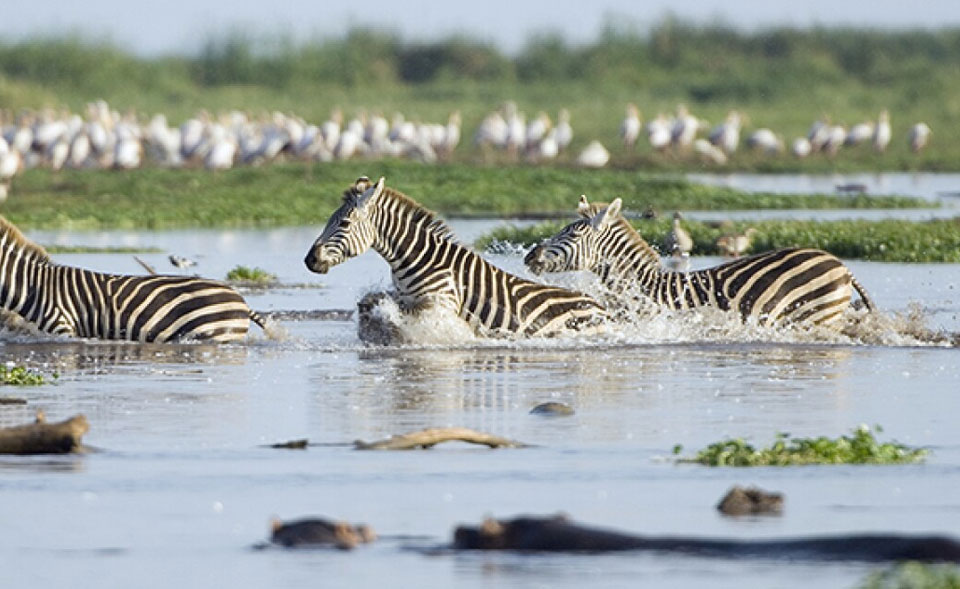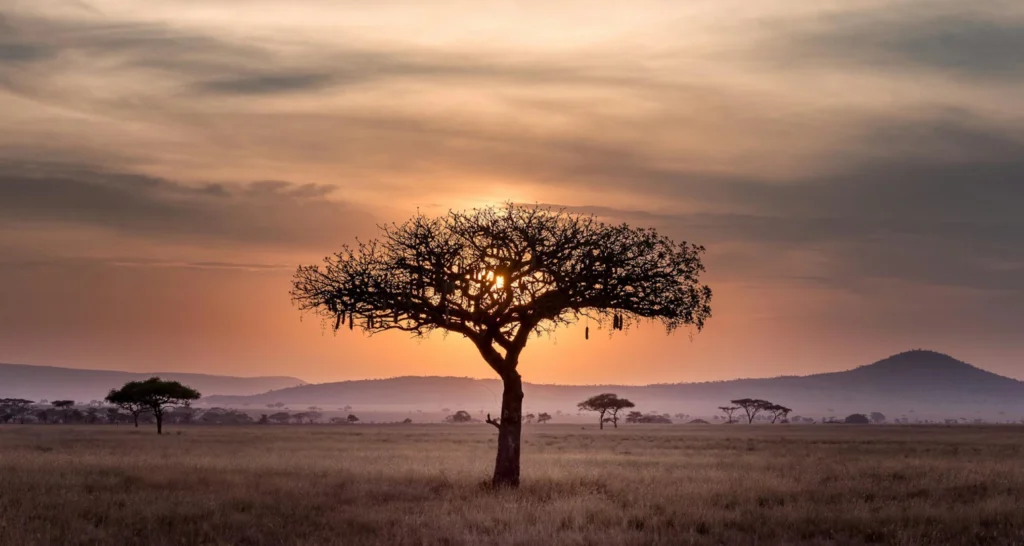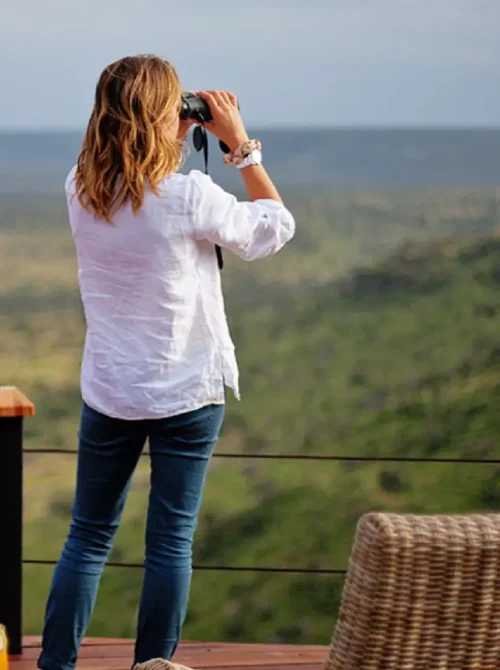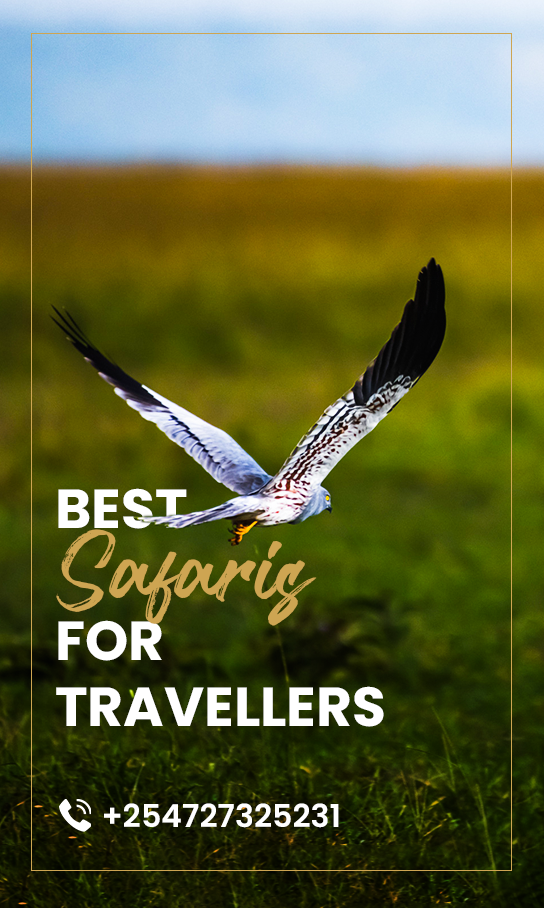
OVerview
Planning a trip to Tanzania? Here’s a guide with answers to some of the most common questions to help you prepare for an unforgettable adventure in this beautiful country.
Lake Manyara National Park
Lake Manyara National Park well known for the tree climbing lions, the soda ash lake that attracts thousands and pink flamingos, one of Tanzania’s biggest elephant population and breathtaking scenery!
Located in the northern part of Tanzania, Lake Manyara National Park is 126 kilometers west of Arusha Town. The park covers an area of 330 sq km / 125 sq mile including a lake surface of 230 sq km / 89 sq miles

Lake Manyara has a big number of elephants, so many giraffes; zebras, wildebeests, impalas, waterbucks, and warthogs, the less-known shy Kik’s dik dik as well as the Klipspringer that dwell along the ramps of the escarpment. Leopards are hosted within the scattered forests and escarpment, while the healthy population of lions that are widely known for their unique tree climbing capability. In addition, you will not fail to notice the very large number of baboons in this park which can live in sizeable troops of up to 200 members.
There are a number of fascinating tourist attractions that can be explored and a number of activities such as bird watching, game drives, visit maasai bombas.
Location


Most visitors to Tanzania require a visa, although citizens of some countries may enter visa-free. It’s possible to obtain a visa on arrival at major airports, but it’s recommended to apply online for an e-visa before traveling to avoid delays. You can also apply at Tanzanian embassies or consulates.
Before visiting Tanzania, consult your doctor to determine the required vaccinations. Recommended vaccinations often include Yellow Fever (which is mandatory if travelling from a country with a risk of yellow fever), hepatitis A, hepatitis B, typhoid, and malaria prevention medication. It’s best to seek advice at least 4-6 weeks before departure to ensure you have ample time to get any necessary shots.
Tanzania is generally a safe destination for tourists, with millions visiting annually. However, like any country, it’s important to exercise caution, particularly in busy cities or unfamiliar areas. Avoid walking alone at night, keep your valuables secure, and stay alert in crowded places. It’s also advisable to use reputable tour operators and guides for safaris and excursions.
The official currency of Tanzania is the Tanzanian Shilling (TZS). While larger establishments like hotels, lodges, and some tourist attractions accept credit cards, it’s a good idea to carry local currency, especially for smaller purchases or in remote areas. ATMs are widely available in major cities like Dar es Salaam and Arusha, but can be scarce in rural areas, so plan ahead.
Tanzania is a year-round destination, but the dry season from June to October is considered the best time for wildlife safaris. During this period, the weather is clear and wildlife congregates around water sources, making it easier to spot animals. For birdwatching, the rainy season (November to April) brings lush landscapes and migratory birds.
Swahili (Kiswahili) is the national language of Tanzania and is spoken by the majority of the population. English is also widely spoken, particularly in tourist areas, hotels, and by those working in the travel industry. Knowing a few basic Swahili phrases can enhance your experience and help you connect with locals.
When travelling to Tanzania, pack for warm weather, as temperatures can range from 70°F to 90°F (21°C to 32°C) year-round. Here’s a list of essentials:
- Lightweight, breathable clothing
- A hat, sunglasses, and sunscreen for sun protection
- A sturdy pair of walking shoes or safari boots
- Insect repellent (with DEET) to protect against mosquitoes
- Binoculars and a camera for safari photography
- A small first aid kit with personal medications
Domestic flights in Tanzania often have stricter luggage allowances than international flights. Many airlines have a baggage limit of around 15-20 kg (33-44 lbs) for checked luggage. Additionally, soft-sided luggage is recommended due to limited storage space on smaller planes. Always check with your airline for their specific baggage policy before your flight.
Tipping is customary in Tanzania and greatly appreciated by service providers. While tips are not mandatory, they are a way to show appreciation for good service. Here are some general guidelines:
- Safari guides: $10–$20 per day per guide
- Hotel staff: $1–$2 per service
- Restaurant waitstaff: 10% of the total bill if a service charge is not already included
Mobile phone coverage is good in urban areas, and buying a local SIM card is the most affordable way to stay connected. Major mobile providers like Vodacom, Tigo, and Airtel offer a variety of data plans for tourists. Wi-Fi is available at most hotels, lodges, and cafes in cities, but internet speeds may be slow or intermittent, especially in remote areas.




































